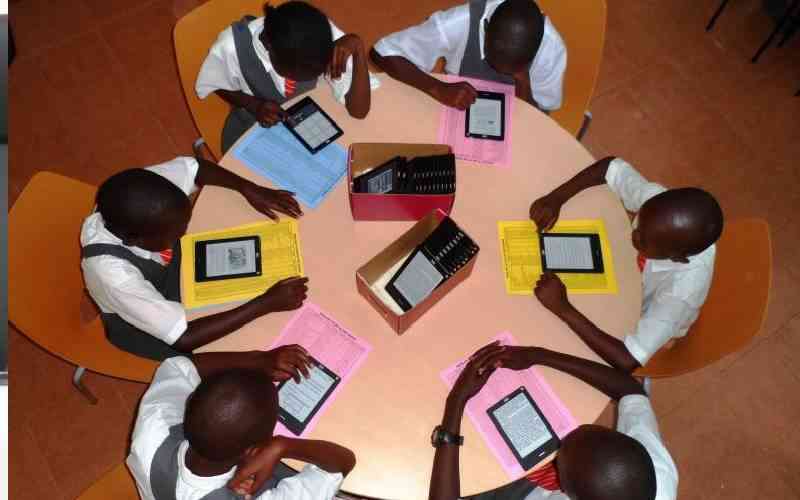×
The Standard e-Paper
Stay Informed, Even Offline

The Kenya Institute of Curriculum Development (KICD) has called for utilisation of technology to enhance distance learning, to help address teachers shortage in the country.
Speaking during the launch of newly acquired digital teaching screen boards at the Mount Kenya University (MKU), Thika, main campus, KICD Board Chairman, Simon Gicharu said that teacher deficit in the country is the biggest challenge due to population increase.